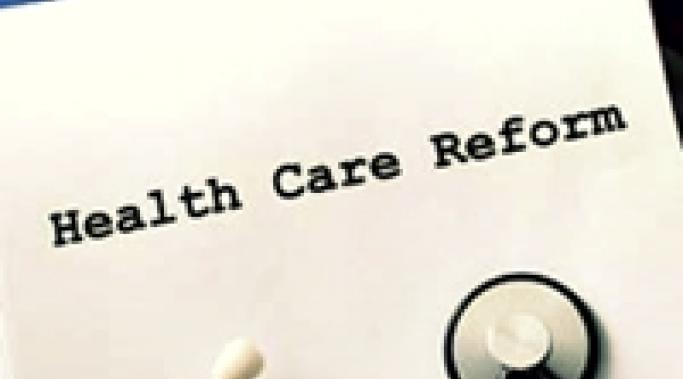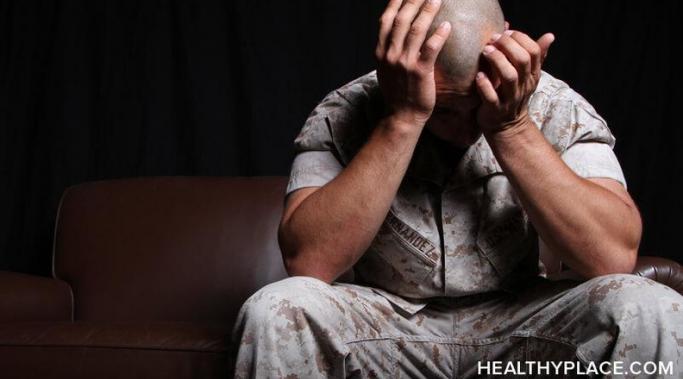Sometimes statistics speak for themselves. In 2005, PBS aired a documentary about psychiatric treatment in the correctional system. Here is a breakdown by state:
More than Borderline
Sometimes people have a less than compassionate attitude toward trauma survivors. They may deny the experience, downplay it, blame the victim, or show ignorance. More Than Borderline's, Becky Oberg, discusses these attitudes in this BPD video.
In 1841, a Boston schoolteacher named Dorthea L. Dix became interested in many social reforms, especially the treatment of the mentally ill. One Sunday, she went to the House of Correction in East Cambridge to hold a Sunday school class for female inmates. She was revolted by the filth, neglect, and despair of the mentally ill people who were held in the jail. She persuaded local authorities to improve the conditions, and began touring Massachusetts to see what needed to be done. In 1843, she wrote a tract called Memorial to the Legislature of Massachusetts, which called for drastic reforms.
The school shooting in Connecticut is a sign that we are way overdue for some adult conversations about mental illness. While Liza Long has started the conversation in her viral piece "I Am Adam Lanza's Mother," not all people with severe mental illness are violent. But she raises a valid question: Is mental illness the problem?
Self-injury is one of the major symptoms of borderline personality disorder (BPD). It is so characteristic of the disorder that some mental health professionals will diagnose a patient of having BPD even if no other symptoms are present. But many people are still in the dark about self-injury: why people self-injure, what self-injury accomplishes, and how to approach someone who self-injures.
The recent murder-suicide involving Kansas City Chiefs linebacker, Jovan Belcher, calls attention to the issue of domestic violence. While it is unclear if Belcher was an abuser, recent reports indicate that he and girlfriend, Kasandra Perkins, were in counseling for relationship issues. So it makes domestic violence a reasonable topic for discussion. I've noticed that mental illness is often a factor in domestic violence.
Not everyone feels warmth and joy during the holidays. More Than Borderline's Becky Oberg talks about how to handle stress and depression during the holiday season. \
I am an Amy Grant fan, and one of my favorite songs is her version of "Grown-Up Christmas List". If you haven't heard the song, click here. It's okay. I'll wait.
The song makes you think. I, too, have a "Grown-Up Christmas List", with some of it concerning the mental health system.
Recently, I read Harper's Index, and found some disturbing facts. For example, the Department of Defense health care spending is projected to increase by 81 percent over the next two decades. The estimated percentage of its current mental health care budged is 5 percent. Considering that the chance a service member's death is a suicide is 1 in 5 percent, this is inexcusable.
Other facts: one-third of service members are under age 25, but they account for one-half of all military suicides. So how do we prevent these unnecessary deaths?
Veterans Day always leaves me reflective about my short-lived Army career. I enlisted in 2003 as a specialist, but had a nervous breakdown during Basic Combat Training. I was hospitalized pending discharge--and saw firsthand the stigma that mental illness has in the military.







